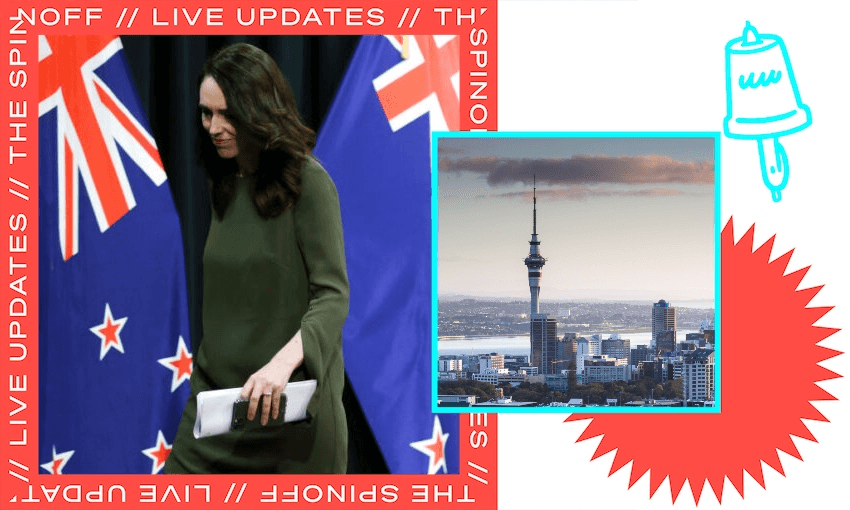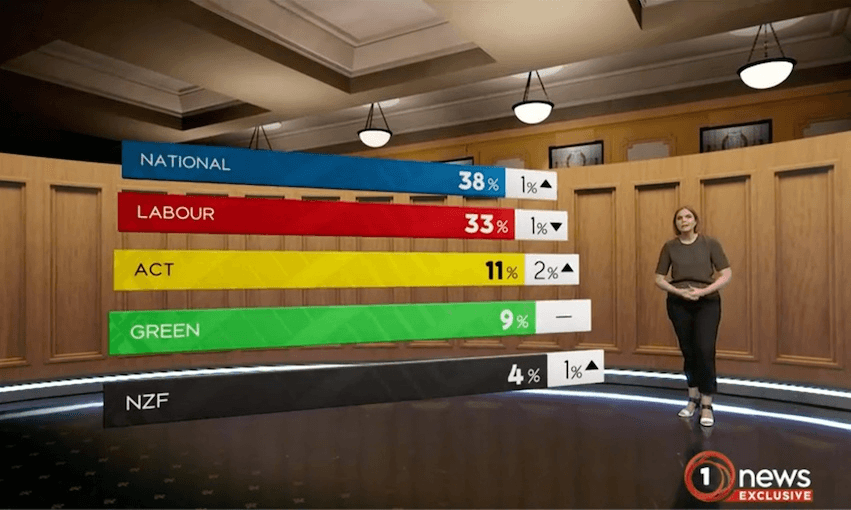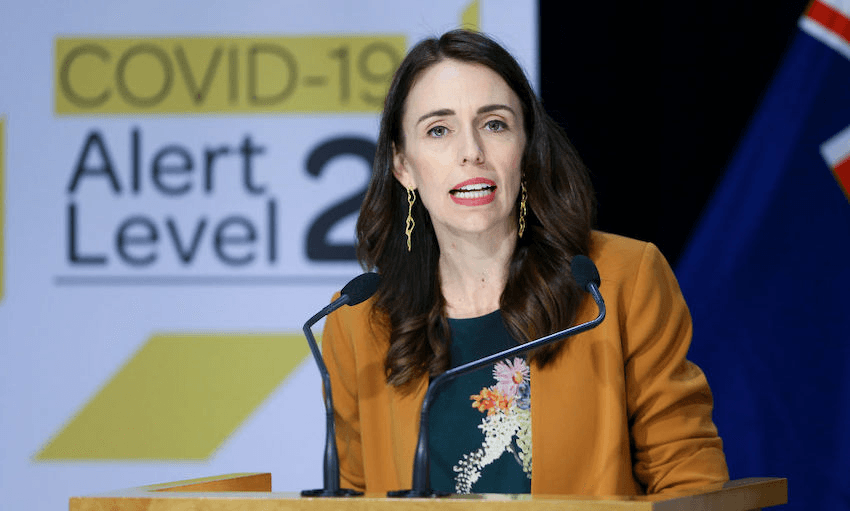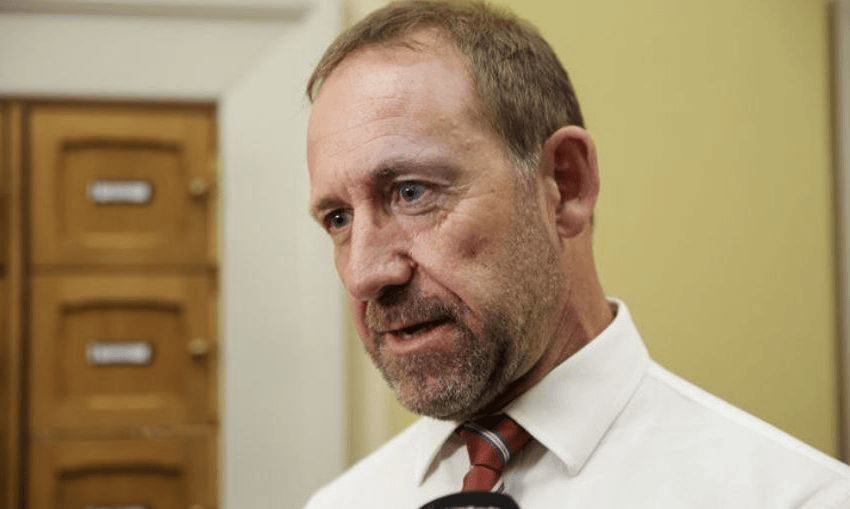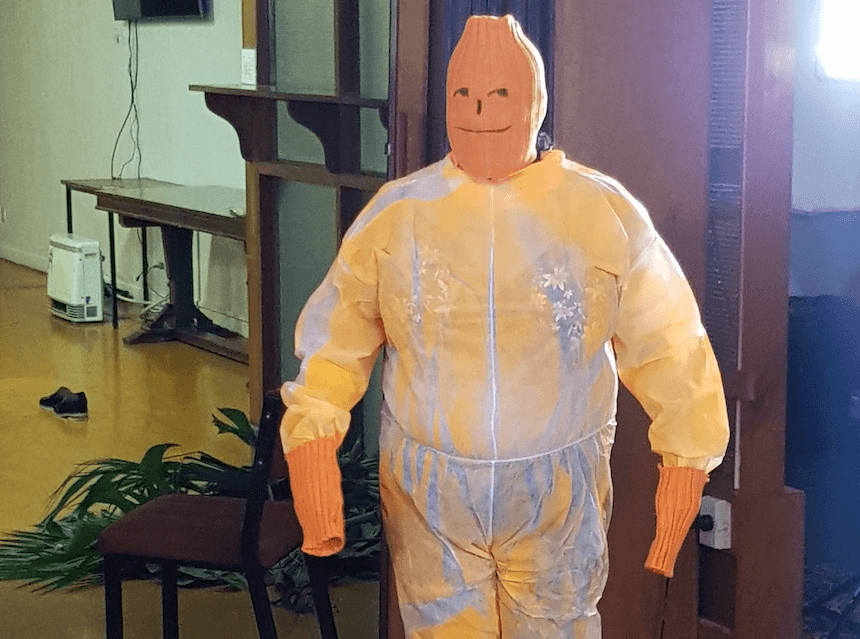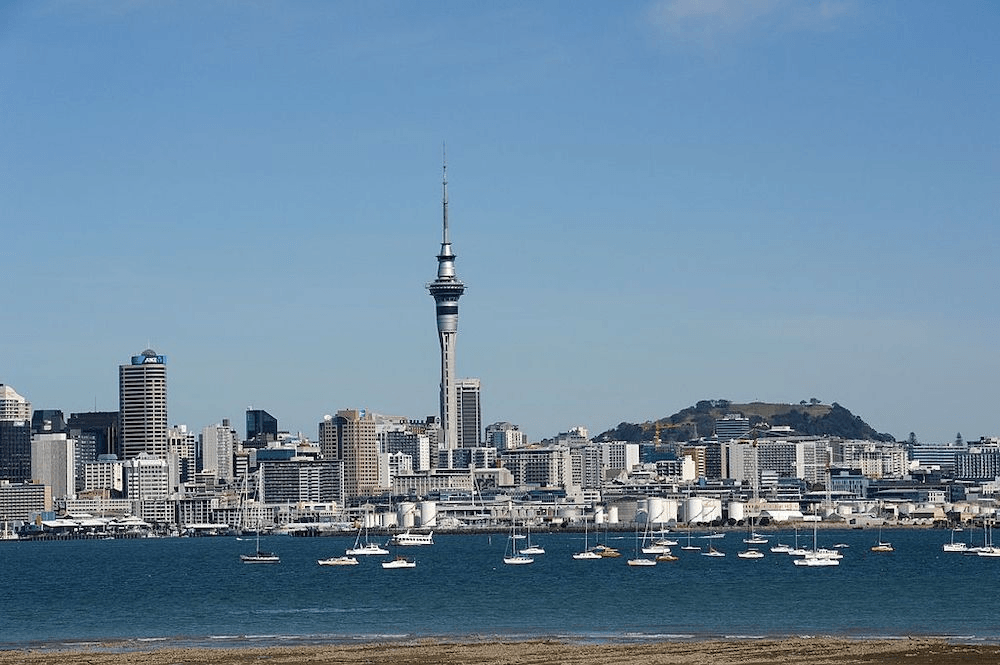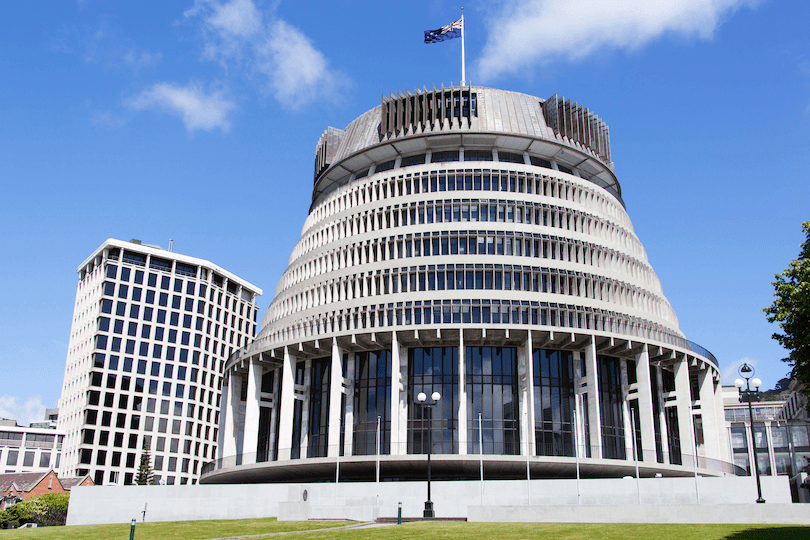We now all know that the government is backing down on its controversial 60% entrenchment of parts of the three waters legislation. As detailed in The Bulletin, leader of the house Chris Hipkins announced yesterday that the clause in the Water Services Entities bill that entrenched public ownership of the new water entities, requiring 60% of MPs for its repeal, will be scrapped.
While it managed to sneak its way through parliament relatively unnoticed – even by the opposition – constitutional lawyers quickly raised serious concerns about the implications of what it could have meant for future lawmaking.
However, while the PM was happy to acknowledge on her morning media slots today that a mistake had been made, we’re not any closer to knowing why/how this tricky legal situation was able to unfold.
Despite persistent questioning from RNZ’s Corin Dann, Ardern refused to elaborate on what she knew about the entrenchment provision before it was voted on. “Caucus discussions are something that aren’t generally broadcast,” said Ardern. “I’m not going to get into the individual conversations of caucus.”
Instead, Ardern reiterated that entrenchment was “commonly understood” to be a 75% supermajority and what had happened here was a “novel approach”. She added: “the way that this has been done with that entrenchment provision had wider ramifications
Asked whether local government minister Nanaia Mahuta was perhaps responsible, Ardern said Labour was taking this as a team. “There is not a role for any one individual, this was a mistake. We as a team are fixing it,” she said. “There are a multitude of SOPs that come before the house, not every single one individually is necessarily produced in a way that is able to go before individual caucuses.”
Ardern was especially keen to discuss the wider issue of introducing a lower threshold than the regular 75% for entrenchment. It’s true, as the prime minister pointed out, that there aren’t limitations to where entrenchment can be applied and this was a “relatively untested area”. I think we can expect to see a lot more discussion on the principle of entrenchment from the government, while the opposition and media continue to query how this u-turn was able to happen in the first place.
